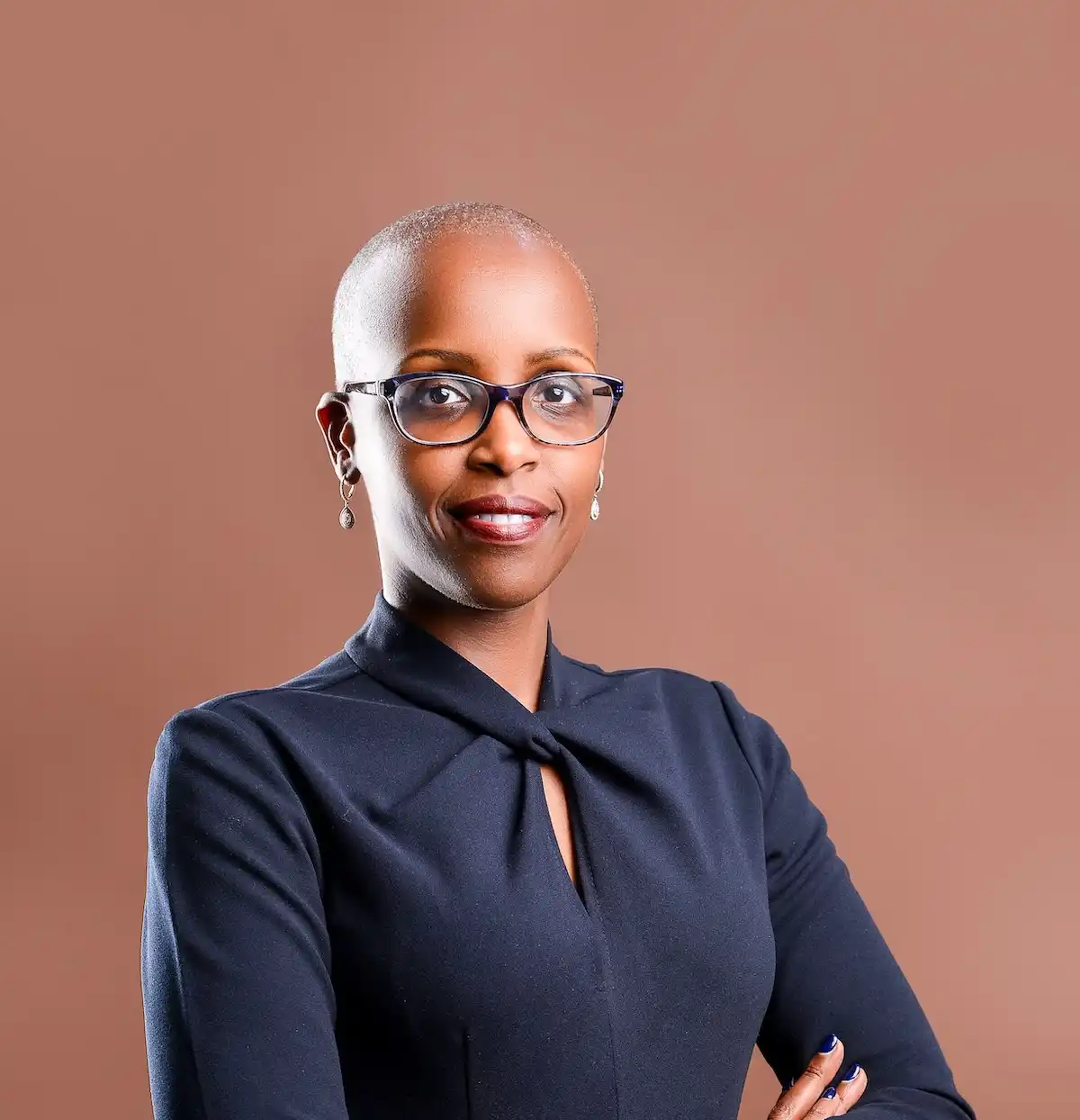By Phyllis Migwi, Country Manager, Microsoft Kenya
Artificial intelligence is rapidly weaving into the fabric of everyday life, and we have started to see the impact as AI adoption across different fields changes how we live and work. One area where AI adoption is set to drive exponential impact is healthcare, where it’s expected that AI will enable delivery of differentiated solutions and services that are fitted to unique ecosystems.
The adoption of AI is not merely about enhancing technology in clinics and hospitals, it is redefining what is possible from manufacturing to delivery of care, to improving health outcomes, and enhancing system-wide efficiencies. By unlocking data-driven insights alongside innovative tech usage, AI empowers healthcare professionals to make better decisions, reach underserved communities, and create sustainable solutions that could shift the trajectory of healthcare for generations to come. Its impact will enable healthier populations to thrive and set the stage for a more inclusive and equitable future.
Transforming the fabric of healthcare
The call for transformative advancements in Kenyan healthcare has never been more urgent. Access to quality, affordable healthcare continues to be a pressing challenge across the continent, particularly for those in rural and remote areas where facilities are there are fewer facilities, and not easily accessible. Nearly one-sixth of Africa’s population lives more than two hours away from a public hospital, and even within urban centres, lack of resources and funding often results in long waits and compromised care.
But we’re increasingly seeing how AI has the potential to change all this. In fact, the integration of advanced technology into Kenya’s healthcare landscape will redefine everything from quality of patient care to resource allocation and financial sustainability of healthcare systems. Studies highlight how embracing digital tools on a broad scale could unlock billions in healthcare savings.
From virtual interactions to intelligent decision-making systems, and streamlined workflow automation, AI-powered advancements are set to streamline every aspect of healthcare. Savings generated could then be strategically reinvested to bridge gaps in healthcare accessibility and create a future where equitable, high-quality care is within reach for all Kenyans.
Essential infrastructure is a critical starting point
The question is – how do we bridge the gap between today’s challenges and a future where AI transforms healthcare? It calls for targeted investments in infrastructure, forward-thinking regulations, localised AI adaptations, and a concerted effort to build essential skillsets.
Let’s delve into two critical barriers that warrant immediate attention, starting with the absence of core infrastructure, a challenge that continues to stall progress for service providers across the country. Access to reliable electricity isn’t just a convenience; it’s an indispensable foundation for achieving universal healthcare in Kenya and beyond.
Investments geared towards solving the connectivity challenge will go a long way in helping to provide a basic level of healthcare. But connectivity isn’t just about bridging the digital divide; it’s also a foundational step toward enabling AI adoption. Think of AI as the engine, and datacentres and compute resources as the fuel. Without robust infrastructure, the possibilities of AI in healthcare remain out of reach.
As it stands there is a dire lack of accessible local healthcare data needed to fuel AI innovation. COVID-19 exposed glaring gaps in Africa’s healthcare data systems. In fact, reports suggested that these deficiencies led authorities to underestimate excess deaths by a staggering 14 times.
Without robust data, the transformative potential of AI in healthcare remains a distant dream. This is why more countries in Africa have become focal points for investment in enterprise-grade datacentres. Over the past six years, hyperscale cloud providers such as Microsoft have taken significant steps to lay the groundwork for Africa’s digital ecosystem, ensuring it’s ready to support advanced technologies and the digital ambitions of the continent.
Building a workforce to diffuse AI across healthcare
Skilling is undeniably another key cornerstone of successful AI adoption. Without a workforce well-versed in its application, the opportunities presented by AI remain out of reach. While sub-Saharan Africa currently ranks lowest on the 2024 AI Readiness Index, the region is gaining ground in terms of skills development. Take, for instance, Kenya’s Africa Centre of Competence for Digital and Artificial Intelligence Skilling – a flagship effort under the National Digital Master Plan 2022-2032. This ambitious programme aims to elevate digital literacy for 300,000 public servants, a clear step toward bridging the skills gap and unlocking AI’s potential for the region.
Strong public-private partnerships such as these are key to bridging the AI skills gap. Governments can’t do it alone, making private sector contributions essential. Tech companies are already driving skilling initiatives and supporting local efforts to ensure widespread impact, particularly in connecting learning to employment and reaching underserved regions. It’s critical that we continue to scale these efforts by continuing to work together.
The transformative power of AI in healthcare extends far beyond improved patient outcomes; it holds the promise of reshaping Kenya’s economy. It presents an alternative future where AI-driven healthcare not only saves lives but also catalyses economic growth through a thriving, healthy young population. By bridging infrastructure gaps and investing in skilling, Kenya can unlock AI’s potential to revolutionise service delivery, accelerate innovation and reduce costs.
Collaboration is key; together, we can build a healthier and more prosperous Kenya.
For these and more stories, follow us on X (Formerly Twitter), Facebook, LinkedIn and Telegram. You can also send us tips or reach out at [email protected].
Also Read: Microsoft Hosts AI Tour in Kenya



